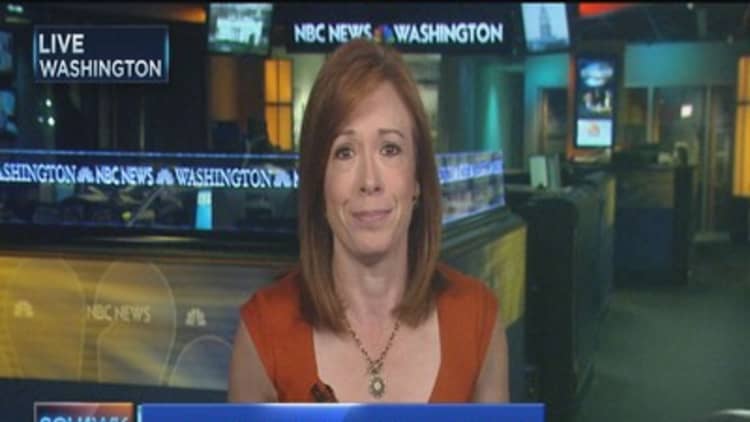
It will take homebuyers at least three years to break even on their investment in some of the nation's largest housing markets, and even longer in others. While homeownership has long been deemed the "American dream," it may not actually make sense for younger Americans right now, according to researchers at Zillow, a real estate listing and analytics company.
Zillow looked at the "break-even" time horizons in markets across the nation. This is how long it would take for the cost of owning to be equal to the cost of renting, when factoring in down payments, interest rates, home appreciation and rising rents.
Nationally, homebuyers can break even in less than two years in 70 percent of U.S. metropolitan markets, according to Zillow. The pace has accelerated in most of the Midwest, Southeast and from New York to Boston. It has slowed in Florida, Northern California and the stretch of the Northeast between Virginia Beach, Virginia, and Philadelphia.
Buyers in Washington, D.C., have to wait the longest, at 4 ½ years; in Dallas, buyers need only wait 1.3 years. Even in markets with long time horizons, however, homebuying may not be the best choice for younger Americans.
"Even with record-high rents in job centers like San Jose, Boston and Washington D.C., putting off a home purchase might be the best financial decision for a young person who has saved enough for a down payment, depending on how long they intend to stay in their jobs and homes," said Zillow's chief economist, Svenja Gudell. "Young workers face a lot of hurdles on the way to homeownership, including saving for a down payment in the first place and deciding where and when to settle down."
Young workers are increasingly mobile today, which is why so many continue to choose renting over buying. Millennials have the lowest homeownership rate of any generation, as they are getting married and having children later in life. These are the two primary drivers of homeownership. Most surveys show that millennials say they do want to own a home at some point, but they have largely stayed on the sidelines of the housing recovery.
There is an increasing cry that a home is just not the best investment. "Shark Tank" host Kevin O'Leary has called housing a, "crappy investment," due to the expectation of rising interest rates and slower home-price growth.
In a popular post this week, George Mason University economist Alex Tabarrok also denounced homeownership on his blog "Marginal Revolution."
Housing is overrated as a financial investment. First, it's not good to have a significant share of your wealth locked into a single asset. Diversification is better and it's easier to diversify with stocks. Second, unless you are renting the basement, houses don't pay dividends. Stocks do. You can hope that your house will accumulate in value, but don't count on it. Indeed, you should expect that as an investment your house will appreciate less than does the stock market.
Home values have been rising steadily and are even accelerating their gains in some markets, but that is largely due to a lack of supply of homes for sale. A healthier scenario for rising prices would include rising incomes and a fast-improving economy; neither are the case currently.
Housing remains one of the most emotional investments there is. The vast majority of homebuyers today use 30-year fixed mortgages, even though they are unlikely to stay in the home 30 years. Adjustable-rate loans, even those with rates that are fixed for 10 years, fell out of favor after the housing crash, as buyers became ever more conservative.
Rents have been rising dramatically for the past few years, but younger Americans still choose to rent. That may be in part because of high student loan debt or the fact that high rents keep them from saving for a down payment; there is strong sentiment, however, in this generation that watched its parents go through the Great Recession, that buying a home is a risk not worth taking. Perhaps they will grow out of that, perhaps not.
Disclosure: CNBC owns the exclusive off-network cable rights to "Shark Tank."
— CNBC.com senior economics writer John Schoen contributed to this article.



